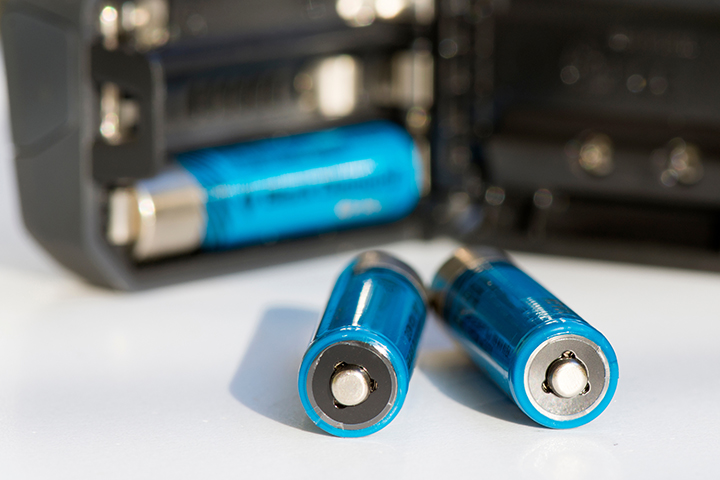Growing Number of States Advance Battery Disposal Legislation
 July 22, 2025 | A growing number of states are pursuing extended producer responsibility (EPR) laws for batteries in response to increasing fire risks at landfills, which are often attributed to improperly discarded lithium-ion batteries and widely used in electronic toys and rechargeable devices. The Toy Association™ is actively tracking and engaging in the state legislative process to protect toy manufacturers from undue burdens from these laws.
July 22, 2025 | A growing number of states are pursuing extended producer responsibility (EPR) laws for batteries in response to increasing fire risks at landfills, which are often attributed to improperly discarded lithium-ion batteries and widely used in electronic toys and rechargeable devices. The Toy Association™ is actively tracking and engaging in the state legislative process to protect toy manufacturers from undue burdens from these laws.
Battery EPR laws require producers — not consumers or municipalities — to assume responsibility for the entire lifecycle of batteries, including the collection, transportation, recycling, and safe disposal of batteries.
While many states already regulate the disposal of alkaline batteries, the current wave of legislation focuses on lithium-ion batteries, which pose greater risks when crushed or improperly discarded.
To date, Vermont, Washington, D.C., California, Washington state, Illinois, and Colorado (pending gubernatorial signature) have passed battery EPR laws. Each piece of legislation varies in scope, but all share a common goal of making producers responsible for managing the end-of-life process for batteries. However, the fragmented nature of these laws can create compliance challenges, especially for companies operating nationwide.
The Toy Association is closely monitoring these developments and is actively advocating against policies that place battery recycling obligations on toy manufacturers. In Vermont, the Toy Association successfully led efforts to amend Senate Bill 254, and the law was updated to clarify that battery producers — not product manufacturers — carry the responsibility. The Association is also involved in stakeholder groups in Minnesota, Maine, and Oregon as those states prepare updates to their existing battery and electronics laws.
“Battery EPR legislation is important for environmental safety, but it must be implemented in a way that is fair and practical for producers,” said Charlotte Hickcox, director of state government affairs at The Toy Association. “We will continue to work with lawmakers and stakeholders across the country to ensure toy manufacturers are not unfairly held accountable for components they don’t produce.”
The Toy Association will continue to keep the industry apprised of developments regarding state Extended Producer Responsibility (EPR) laws. For more information on The Toy Association’s advocacy initiatives at the state level or to join the State Government Affairs Committee, members may contact Charlotte Hickcox.